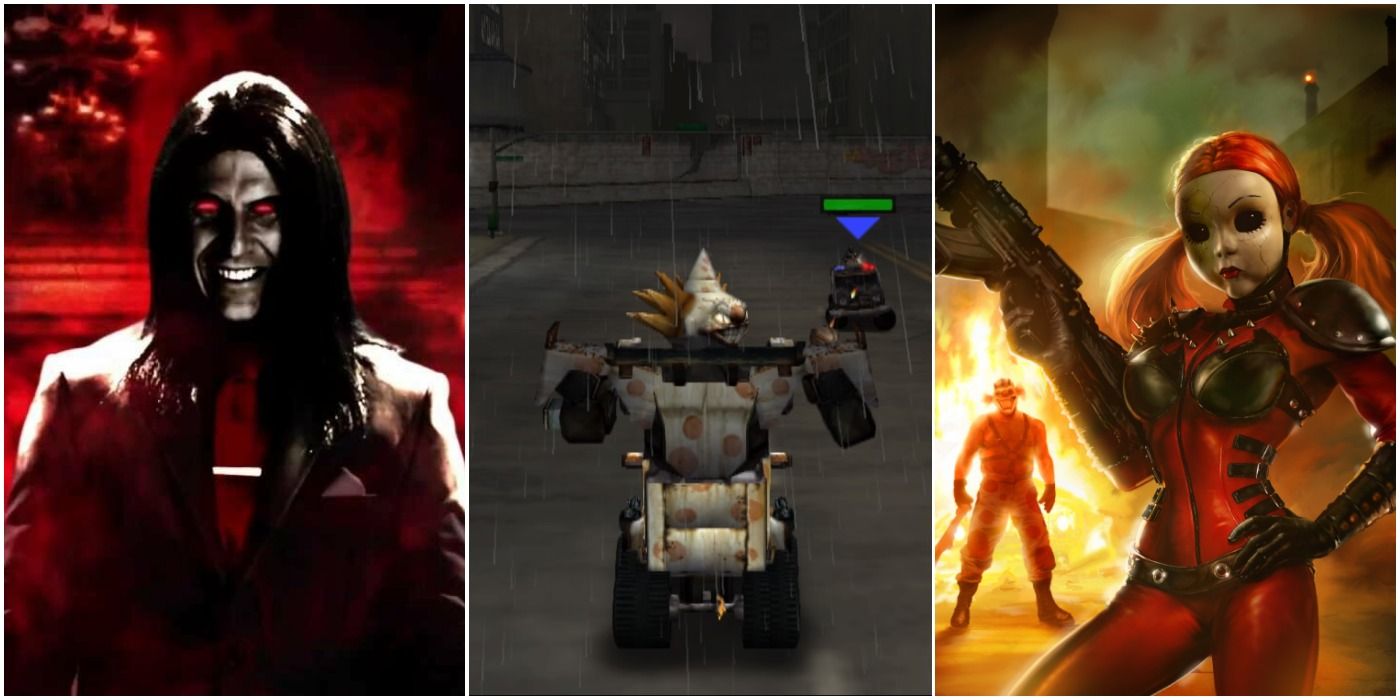
Twisted Metal, a series all but forgotten by the growing games industry, seems to be making a welcome comeback in the form of a Sony-produced live-action show. Fans of the original games will recognize writers Rhett Reese and Paul Wernick (Deadpool, Zombieland) as a near-perfect fit for the franchise's dark comedy tone, and they will certainly look forward to how the series grows as a result of the upcoming show.
RELATED: The 10 Best '90s Video Games Of All Time, Ranked
While the franchise hasn't had a new entry in almost a decade, with the last title launching on the Playstation 3 in 2012, there's plenty of backlog content to keep players excited for the series' inevitable revival. Fans and newcomers alike will delight to hear that most of the original games still hold up, and there are quite a few titles (for better or worse) to look back on and add to this spring's playlist. From worst to best, this is every entry in the series, ranked.
8 Twisted Metal: Small Brawl
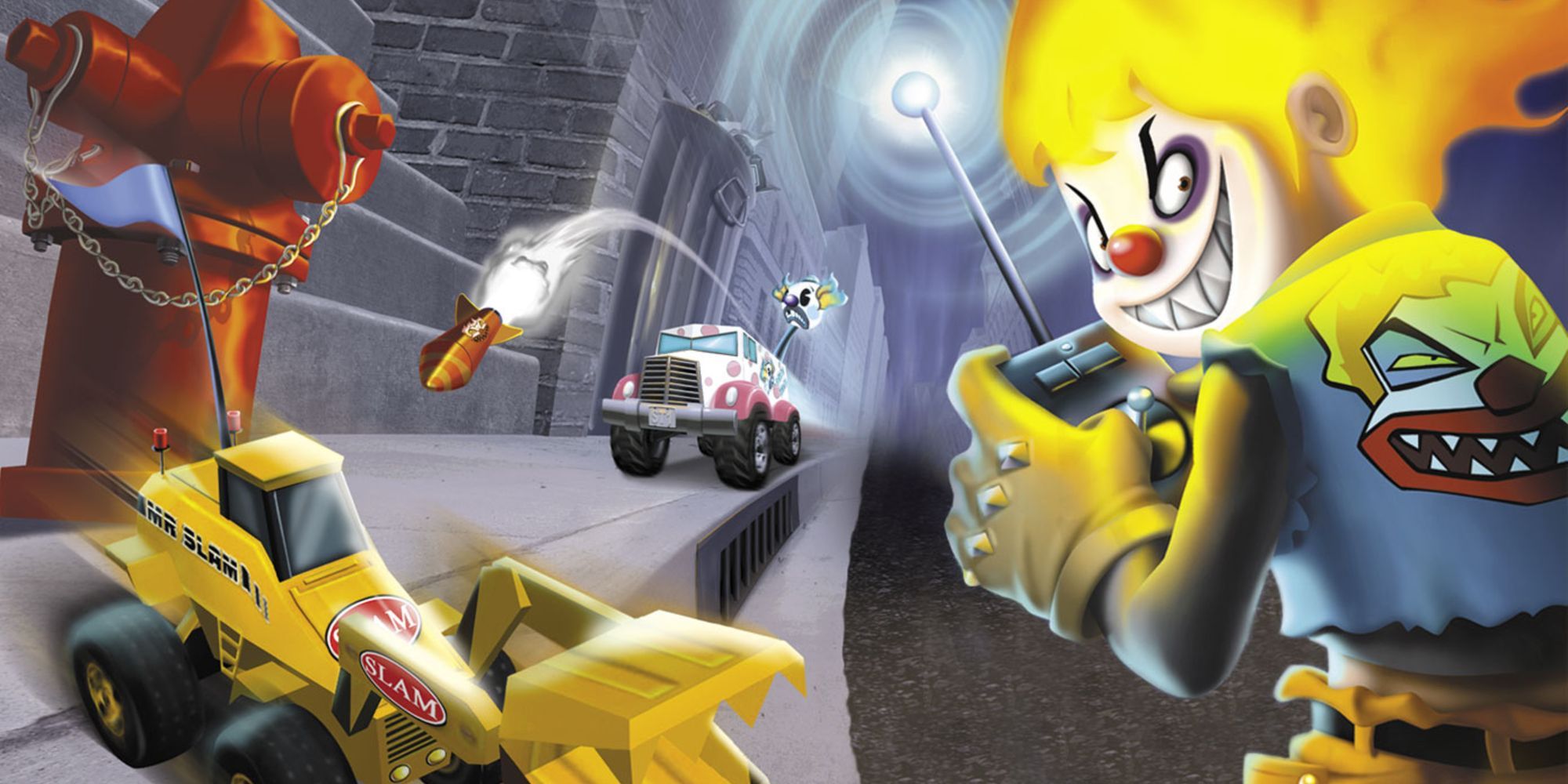
A strange turn of events in the series' history, Small Brawl isn't exactly where players saw (or wanted to see) the franchise going with its sixth entry. The premise of Small Brawl is fairly simple, taking the original games' concept and gameplay and translating it into a smaller-scale arena with remote control vehicles instead of life-sized ones. There's no big surprise in saying that this change takes out a lot of the fun of the originals, turns out toys aren't as shocking and devastating to destroy as actual full-sized ones, even with friends.
Not only did critics give Small Brawl confused and middling reviews, but the game itself launched at such an odd time that nobody can really blame it for falling under, regardless of its design flaws. Revealed for the PS1 directly after releasing Twisted Metal: Black on the PS2, Small Brawl was on a short leash, to say the least, with the PS1 fanbase quickly turning to the new console generation.
7 Twisted Metal III
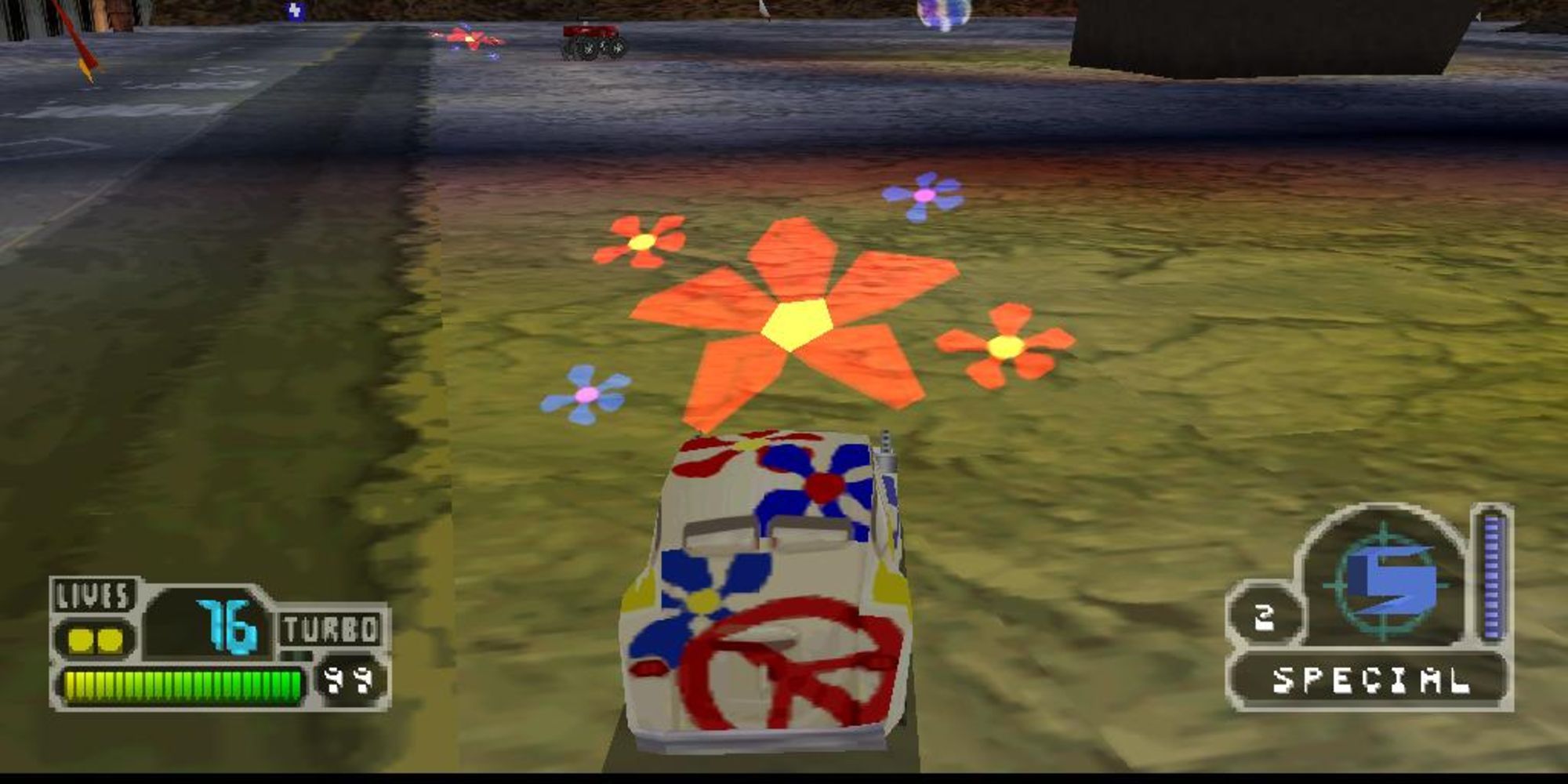
Twisted Metal III, well known as the series' first departure into new territory, is an interesting look at how creative differences and studio trade-offs can absolutely ruin a game. Fans will remember that 1998 was the year that Twisted Metal's original studio SingleTrac handed the game's IP over to Sony's dev-team 989 Studios after contractual disputes hit. Because of the circumstances, 989 was put in a tough spot without access to SingleTrac's original engine, meaning they had to build their own while simultaneously dealing with time constraints and studio pressure.
Critically, TMIII's biggest flaws are purely due to the limited time 989 had to develop their AI and physics. The inclusion of Pitchshifter and Rob Zombie on the soundtrack, as well as the multiplayer components, were enough to keep TMIII above water, but only just enough to make it a divisive piece of the franchise's history.
6 Twisted Metal: Head-On
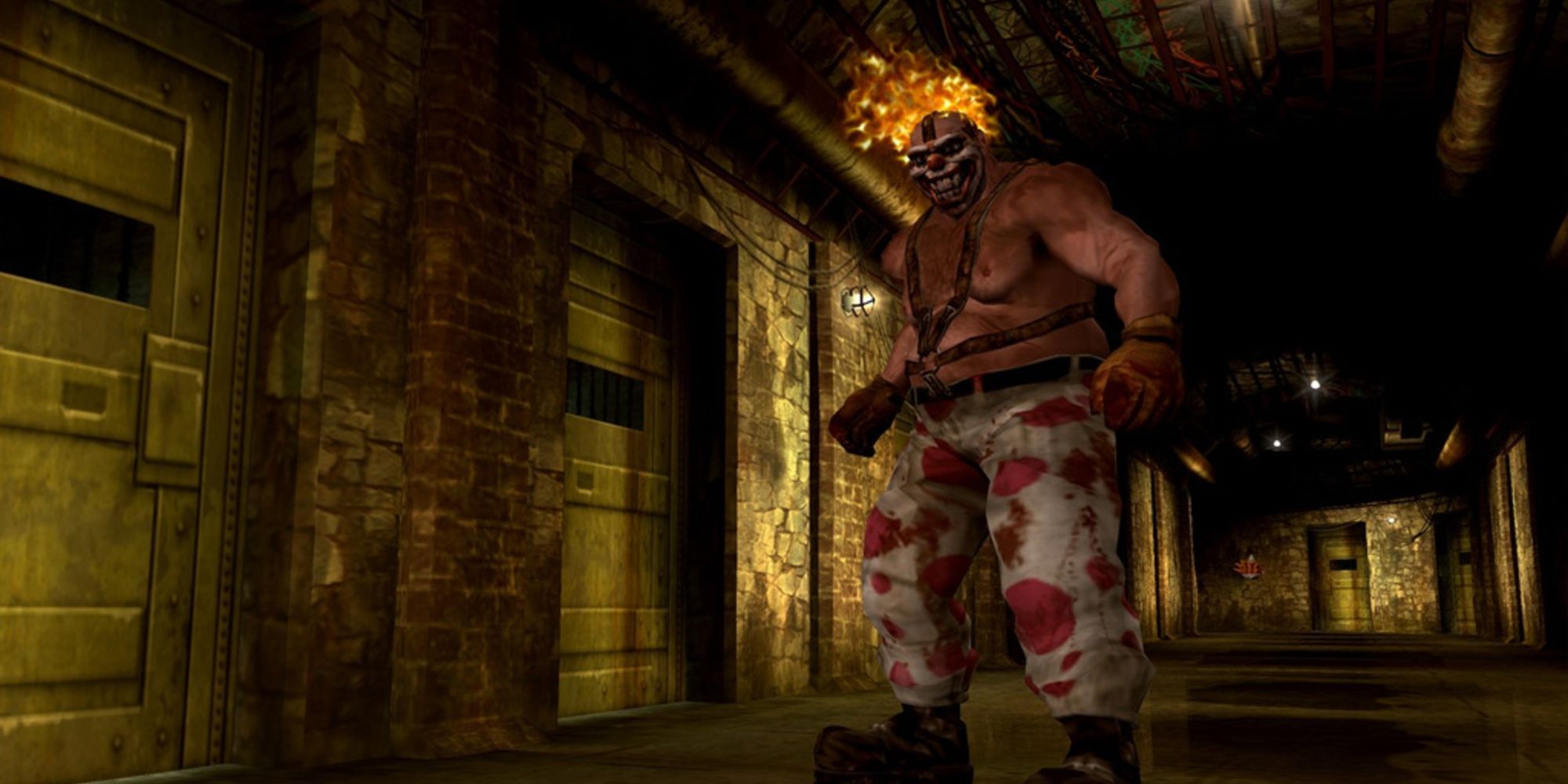
Head-On, studio Incognito's third game in the franchise after Black and Small Brawl, is another divisive look into the middle-ages of Twisted Metal's lineage. The biggest complaint here is the difference between the PSP and PS2 port, which is ironically that there is very little difference at all. Head-On wasn't a bad game by any means, following the same narrative and gameplay structure as near every game before it, and was a loyal addition to the timeline. It even gained Greatest Hits status during the PSP's early life.
RELATED: The 10 Best Multiplayer Games (According To Metacritic)
The PS2 port (where things get a little stickier) was announced to release two years later, obviously gaining some traction in the community with rumors of updated graphics and additional gameplay enhancements. Porting studio Eat Sleep Play delivered on at least part of the rumors, with some extra features and previously unreleased bonus content. For the most part, this port got slightly less positive reviews, as the graphics hadn't received the update they deserved, and gameplay felt a little less smooth than on the PSP. The differences, while minor, were enough to lower scores by at least 10% on most sites.
5 Twisted Metal 4
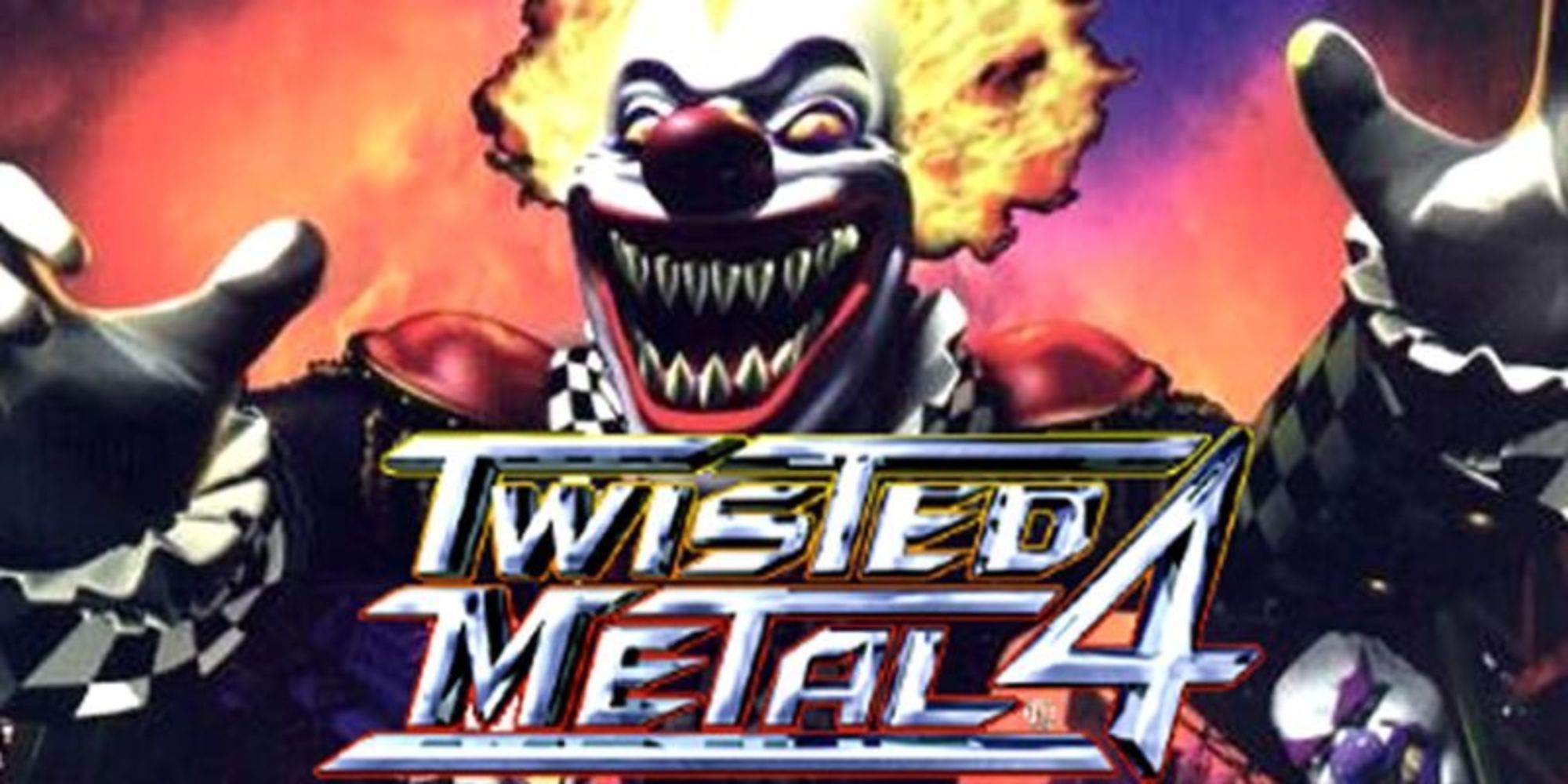
The second in the series to follow 989 Studios' development track, Twisted Metal 4 improved on all the negative feedback that III received.
This entry focuses on fan-favorite mascot Sweet Tooth the clown, who is featured on most of the games' covers. 989 wanted to take a different approach while keeping the same beloved formula and decided Sweet Tooth would be the perfect character to follow in their overturning of the titular competition. This time, instead of competing for a competition win, Sweet Tooth looks to overthrow Calypso, the franchise's "big bad," and take over the competition for himself.
TW4, while gaining mostly positive reviews, still had a few negative points in regards to 989's developments, citing some levels and mechanics as being unsatisfactory, and the physics as being problematic in parts.
4 Twisted Metal 2
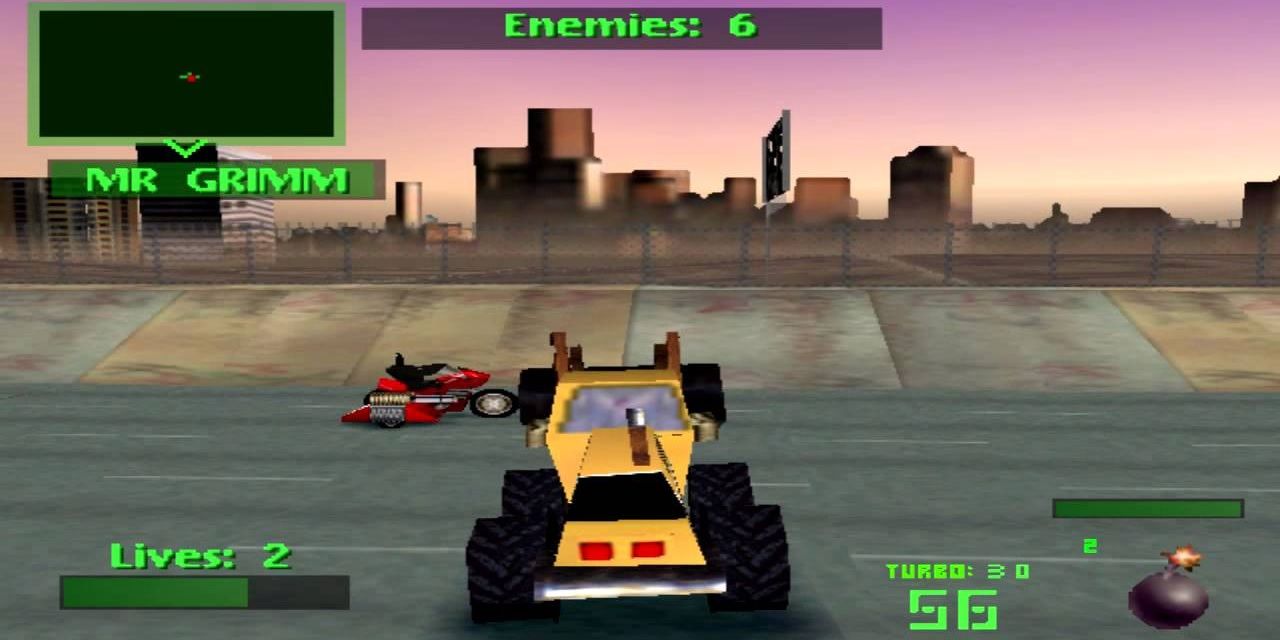
Twisted Metal 2 hit a peak for the series, as SingleTrac had hit its stride. Objectively the most successful game in the series as a whole, TW2 takes the race worldwide. From the ruins of LA to Moscow, Paris, Hong Kong, and more, the level design is diverse and fun in a very classic arcade-y fashion.
The most controversial part of TW2's reviews concerns the graphics, saying they're no improvement over the original and left many players dissatisfied. The level design and characters, however, are considered a significant upgrade, and the game remains a fan-favorite for many despite any of its flaws. It also gained critical acclaim after being added to several sites' top 100 lists.
3 Twisted Metal (2012)
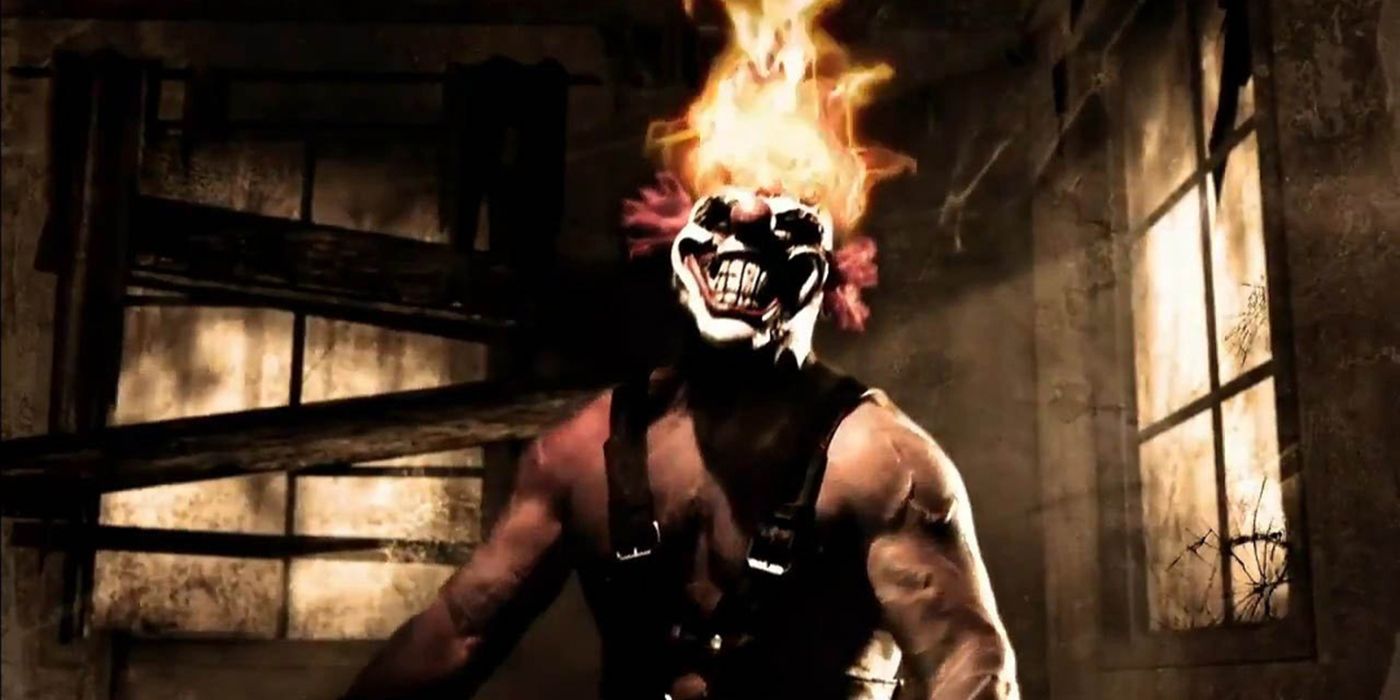
This titular reboot came after a fairly long hiatus on the developers' parts, leaving players waiting nearly seven years for an original title after the release of Head-On in 2005. Studio Eat Sleep Play's second franchise title, named simply Twisted Metal, focuses heavily on multiplayer combat, introducing new gameplay modes and up to 16-player arena battles online.
RELATED: The 10 Best Multiplayer Games Of The Decade (According To Metacritic)
The plot features four main arcs, looking at fan-favorite Sweet Tooth, as well as Mr. Grimm, Dollface, and The Preacher. Throughout the game, players will be given glimpses into each character's intertwining story and respective twists. The game was praised for its new modes and gameplay but fell to some criticism of its story mode, lack of characters, and some control nitpicks.
2 Twisted Metal: Black
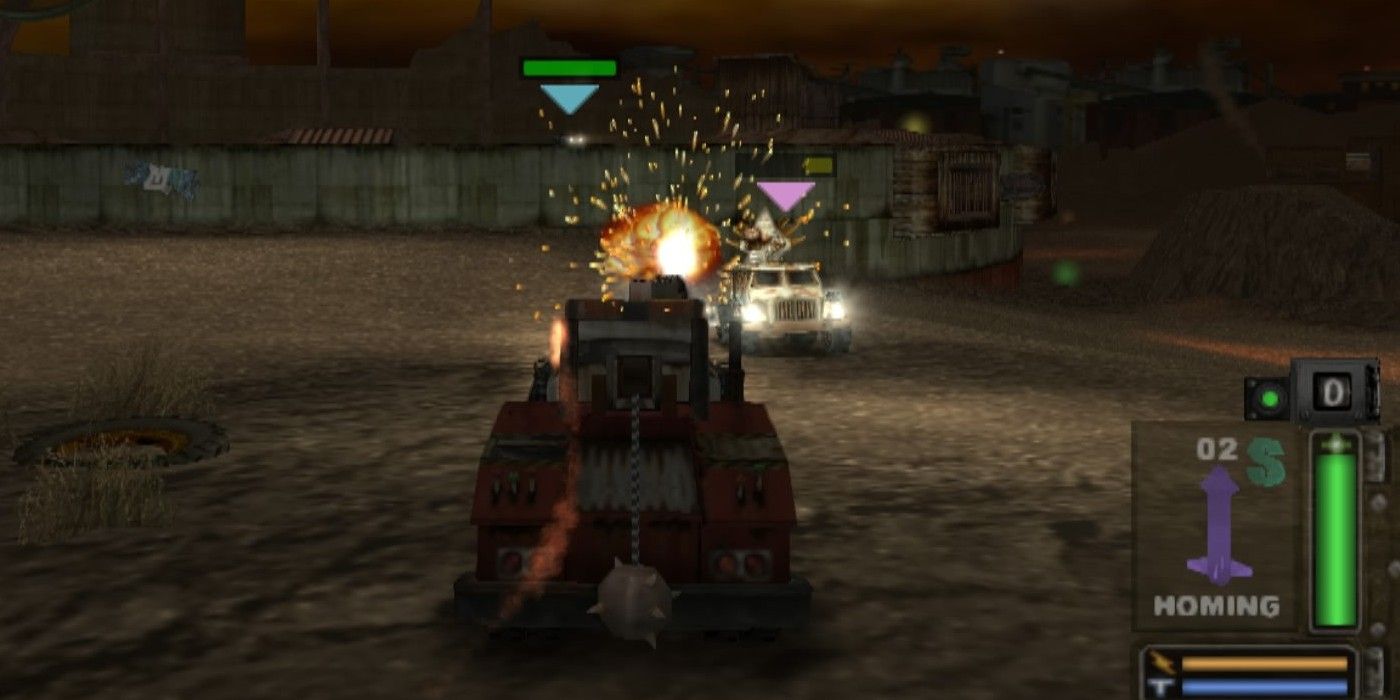
Releasing before the backward-generation spin-off Small Brawl, Twisted Metal: Black was the first in the series to breach the next generation of consoles. It used the PS2's new features to enhance the gameplay of the original quadrilogy for a new audience.
Twisted Metal: Black takes a new batch of competitors from the setting city's nearby mental asylum, "Blackfield," giving context to the title, as well as bringing back some returning racers. Black received the highest review scores since the original title, making it a perfect return to form after the controversy over III and 4. The biggest highlights include a more well-planned storyline, with outstanding character moments, a larger variety of weapons and unlockables, and its hardcore road rage madness. Typically, the main criticisms centered around controls and some imbalanced difficulty.
1 Twisted Metal (1995)
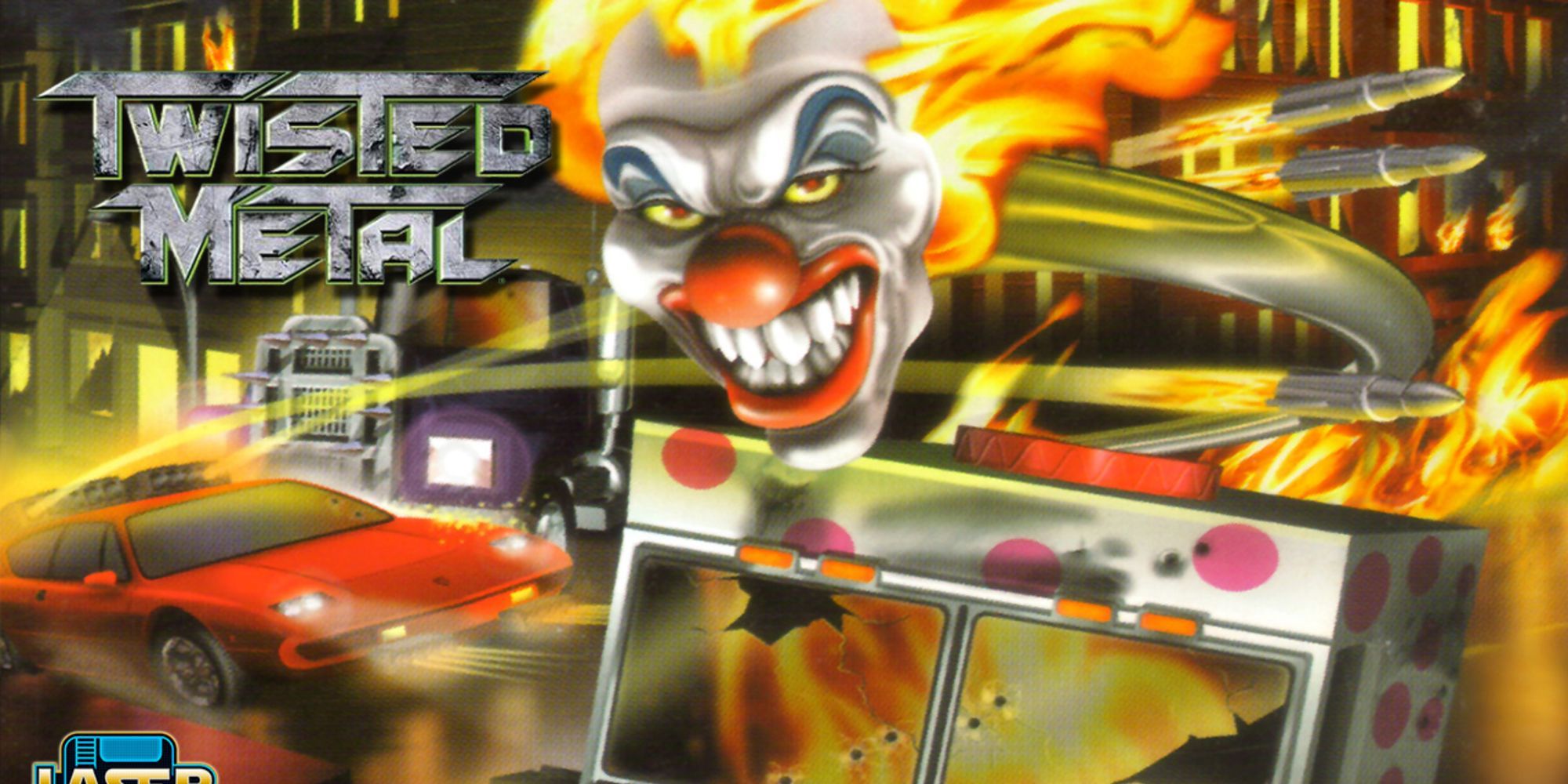
As usual, it's hard to beat the original. The development of the first game is about as strange and maniacal as the game itself, as SingleTrac had been hired to test a new 3D technology for Sony, and came up with the concept while fantasizing about shooting away all the other cars while stuck in a classic LA traffic jam. The lead designers polished that idea with a pitch envisioning a trigger-happy Mad Max movie directed by Michael Bay.
For such a comical idea, Twisted Metal found quite a bit of leverage to keep it going, as fans were interested in such a dark, campy game combining '80s action movies and '90s horror motifs. Before fading out in the mid-2010s, the franchise stayed strong for near as long as it possibly could, and became a PS1 favorite and top-100 contender for critics and fans alike.

